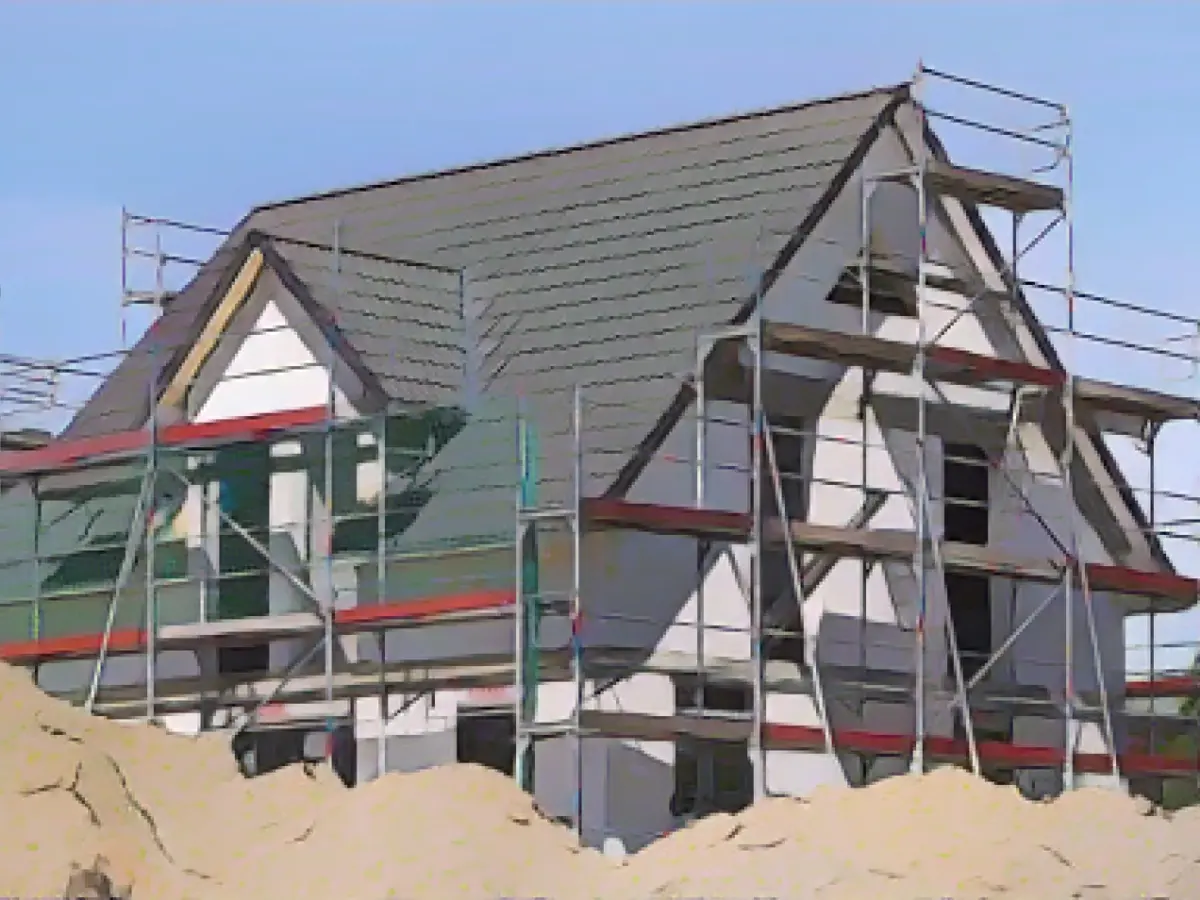The property tax saga in Rhineland-Palatinate has been a hot topic for years, threatening to drag the judicial system into a lengthy slog. Householders across the region have been contesting their property tax evaluations, fueled in part by persistent encouragement from property owner associations. Recently, the Rhineland-Palatinate Tax Court, nestled in the peaceful town of Neustadt an der Weinstraße, made an unexpected move. In two separate cases (4 V 1295/23 and 4 V 1429/23), they surprisingly sided with homeowners, suspending their property tax assessments due to concerns about their legality.
This is the initial time property owners have triumphed before a state tax court based on accusations of improper valuation under the federal model. The Neustadt court's decision has garnered attention in Berlin, primarily within the Chancellery. This is significant because Rhineland-Palatinate, along with eleven other federal states, relies on the federal model for property taxation. The federal model, introduced by the current Federal Chancellor and previous Finance Minister, Olaf Scholz (SPD), requires scrutiny.
It's worth noting that the Neustadt court didn't issue a final judgment on the overall legitimacy of property tax. This task falls to the Federal Fiscal Court, Germany's highest tax court. If the Federal Constitutional Court in Karlsruhe refers a related case to the Federal Fiscal Court, they will ultimately decide on the matter's constitutionality.
Regardless, the Neustadt decision is expected to stir controversy in Berlin and the Chancellery. Uncertainty in property tax assessments may impact the fiscal stability of the German economy, particularly amid ongoing discussions about tax reform and debt management.
Valuation Concerns and Controversy
The Rhineland-Palatinate Tax Court questions the legality of the standard land values used in property tax calculations. These valuations come under suspicion because of doubts over their lawful determination. Judges in Neustadt have raised "serious concerns" regarding the required independence of the Rhineland-Palatinate expert committees that establish standard land values. Influence from outside parties cannot be ruled out.
Valuation parameters and the structure of property tax reform are also drawing criticism from tax law experts and lobby organizations such as Haus und Grund and the German Taxpayers' Association. These groups enlist the support of renowned lawyers like Gregor Kirchhof to challenge property tax assessments in various federal states.
Kirchhof believes the federal model for property tax is unlawful. He identifies ten issues, primarily focusing on the problematic nature of standard land values. According to Kirchhof, these values are subject to systematic valuation errors and lack comparability, violating the principle of equality in Germany's constitution.
However, experts like Henning Tappe, a public law professor at the University of Trier, have a differing perspective. Tappe believes the federal model of property tax is constitutional. While standardization can go "quite far," he warns that adhering too strictly to standardized values could lead to injustices in specific cases. Despite this, Tappe does not support a shift to a different tax model, as advocated by lobby groups and opposition lawyers like Kirchhof.
The Future: Uncertainty and Looming Challenges
Given different opinions and the widespread use of the federal model in various nations, property tax assessments remain a contentious issue. Tax offices are diligently processing property tax declarations submitted by homeowners, while experts and lobby groups engage in lively debates about the tax model's legitimacy and fairness.
Municipalities are required to adjust their assessment rates by 2024, potentially leading to revised tax notices for property owners at the end of 2024. Property taxes could begin as early as January 1, 2025.
Despite the challenges and debates, the drive to reform the property tax system and ensure fairness and transparency is more essential than ever before. As the debate evolves, the Federal Fiscal Court's guidance and clarification on the property tax regulatory landscape will be critical, setting the stage for any future inheritance or tax reform initiatives.








